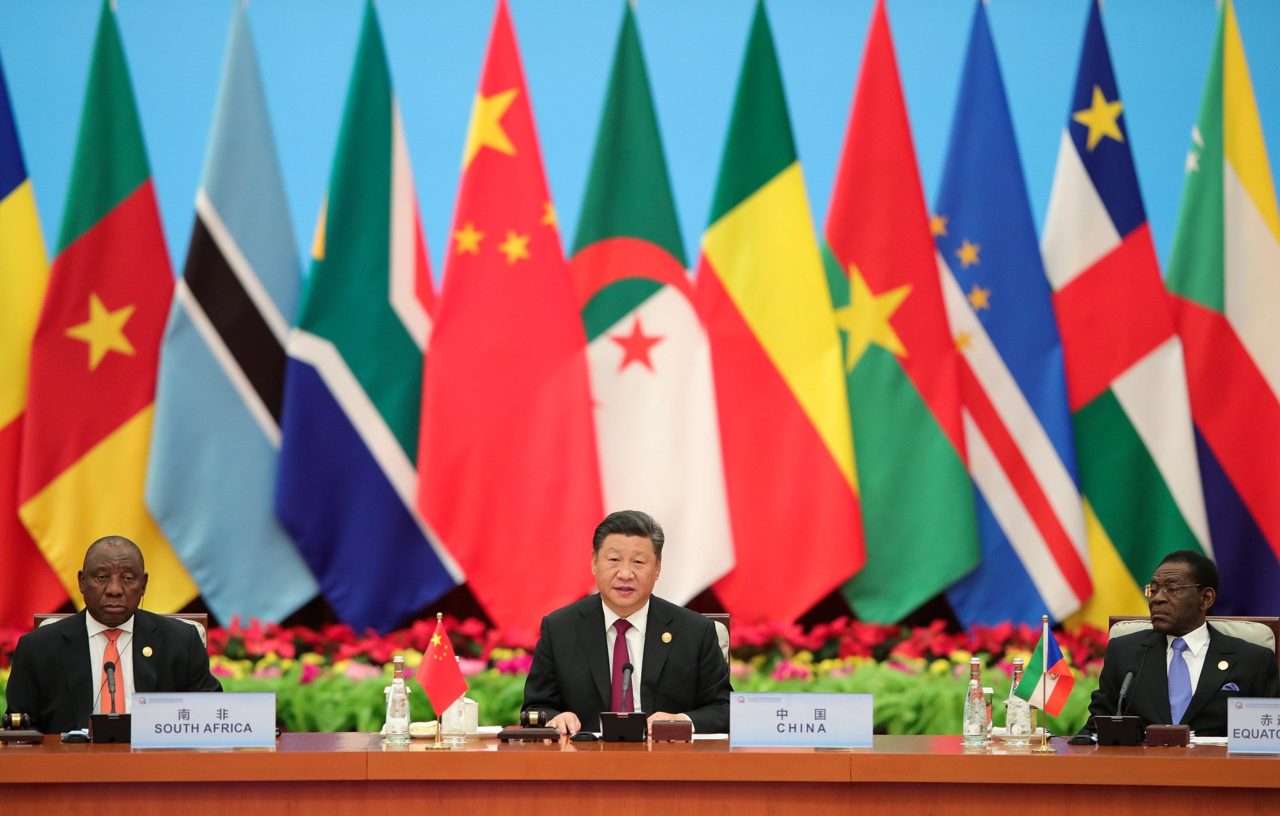Last month, World Bank’s managing director David Malpass expressed concern about the amount of debt some of Africa’s economies were piling on. In particular, he worried about the lack of transparency in some of the loan deals being struck with China.
Africa’s debt load has soared some 150% to over $583 billion in 2018 from $236 billion 10 years earlier, according to World Bank data.

A sizable chunk of that debt in Africa is made up of resource-backed loans which are struck between the resource producer and the lender—usually China in recent years. A resource-backed loan is defined as a borrowing mechanism by which a country gets finance in exchange for, or collateralized by, future streams of income from its natural resources, such as oil or minerals.
A recent report from the Natural Resource Governance Institute (NRGI) examined 52 resource-backed loans made between 2004 and 2018, with a total value of more than $164 billion—30 of them, with a combined value of $65.8 billion, were made to Sub-Saharan African countries.

More than half the total amount of loans to Sub-Saharan African countries examined in the report came from China Development Bank and China Eximbank to Angola ($21.4 billion); Ghana ($3 billion); Niger ($1 billion) and Sudan ($3 billion). The remainder was mostly provided by international commodity traders to oil producers Chad ($2 billion), Congo Brazzaville ($5.1 billion) and South Sudan ($1.3 billion).
“African leaders have often taken out these loans to help with their own short-term political ambitions, but their countries have ended up severely indebted and with the risk of losing collateral worth more than the value of the loan itself,” says Evelyne Tsague, an NRGI Africa co-director.
To be clear, resource-backed loans need not be a bad thing, far from it. Most of these deals are linked to specific infrastructure projects for example, so if executed as laid out on paper they could help shorten the path to closing the African infrastructure gap you often read about.

But it is the lack of transparency with these bilateral deals that worries bodies like NRGI and the World Bank, particularly with oil producers. “These deals, sometimes labeled as oil advances, often resemble pay-day loans,” says David Mihalyi, co-author of the report and senior economic analyst with NRGI. “They have short maturities, high interest rates and fees, and no commitments on how the money will be used.”
And if you needed any more evidence of the risk of bad deals, the imminent global economic crisis prompted by the coronavirus pandemic should be enough. The downturn in Chinese demand and subsequent machinations of Saudi Arabia in the oil markets has seen prices drop to levels that will disrupt the budget plans of major oil producers in Africa. It could have even more significant impact for countries whose loans were inked at higher prices. But, of course, we can’t be sure.
— Yinka Adegoke, Quartz Africa editor & The West African Pilot News


